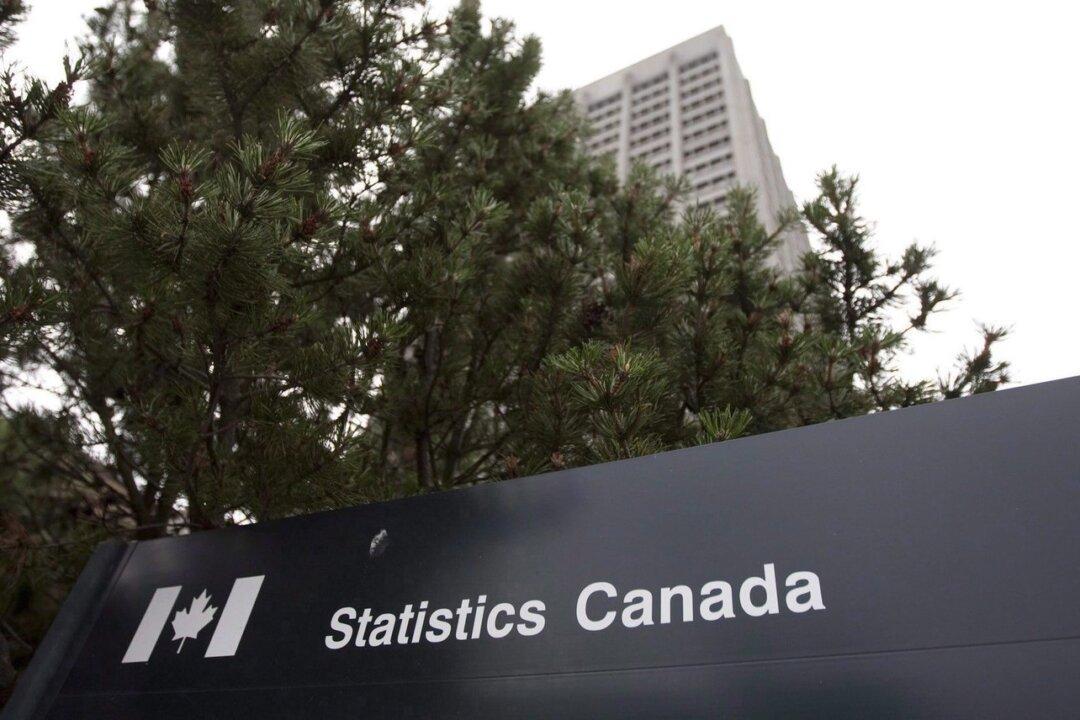The Canadian economy added 64,000 jobs last month as the country’s population continues to rapidly grow.
Statistics Canada released its September labour force survey Friday morning, which shows the unemployment rate continued to hold steady at 5.5 percent for the third month in a row.





